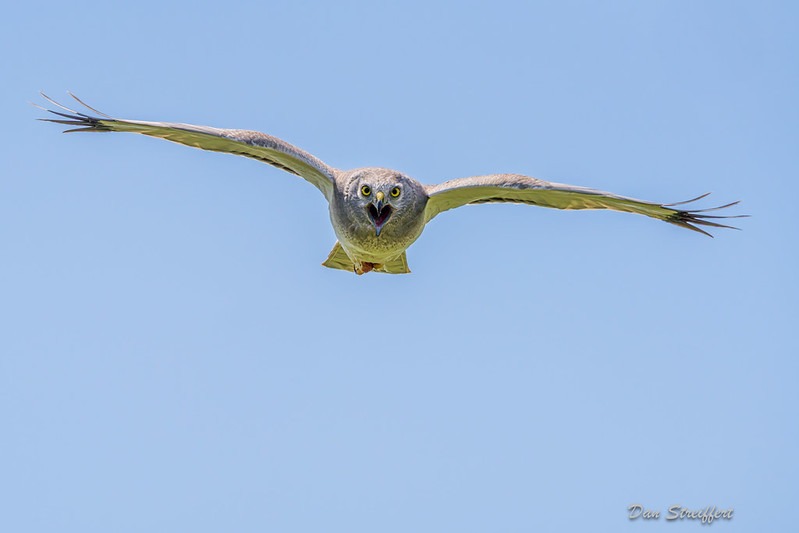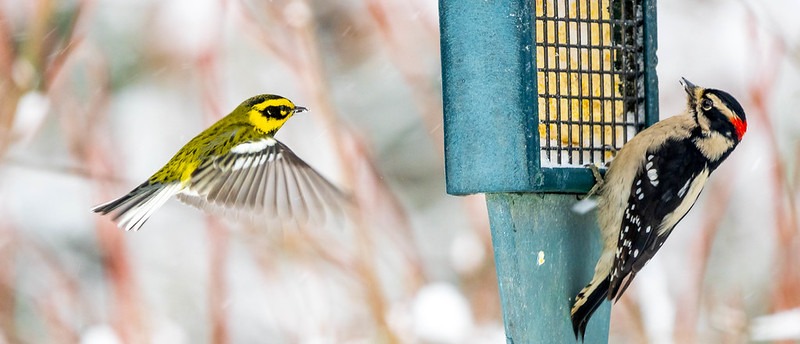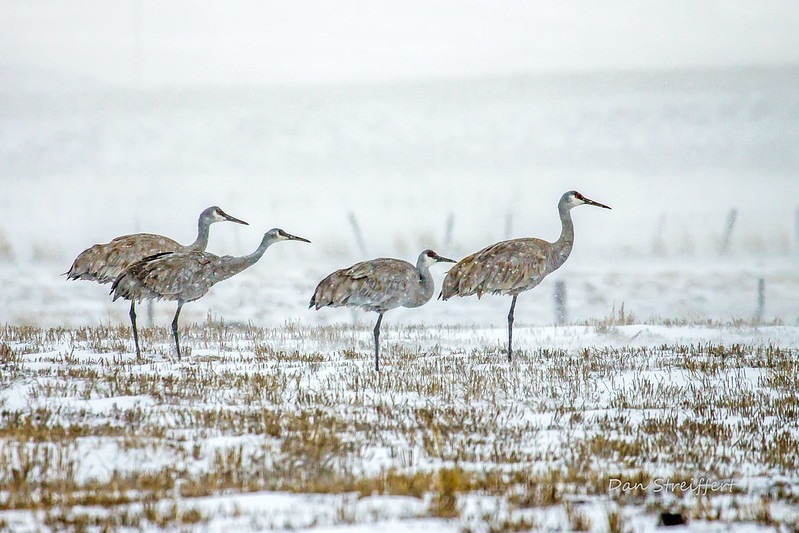
Advocacy
For four decades, Rainier Audubon Society (RAS) has voiced its support for many critical regional and national actions that center on
- critical wildlife preservation
- ecosystem conservation
- government policy
Campaigns the RAS Board supports
2021
National Audubon Campaign to the federal government to reinstate the Migratory Bird Treaty Act

The Migratory Bird Treaty Act (MBTA), passed in 1918, is America’s most important bird protection law. This law protects nearly all of our country’s native birds and is credited with saving numerous species from extinction. The penalties under the law act as incentives for individuals and companies to take steps to avoid and reduce bird kills. Since 1970, every Republican and Democratic administration has stood behind the law. The Trump administration eliminated this longtime protection at the end of Trump’s term, creating a free license to kill birds.
The current Biden administration, responding to overwhelming public opposition, has begun a regulatory process to repeal this change. But it has not yet passed.
The RAS was one of over 500 conservation groups that joined together to urge Congress to preserve the country’s most important bird conservation law.
While the initial support from the Biden administration to bring the migratory bird protections back is promising, we need to do more. Audubon supports the administration to create a permitting process for ‘incidental take”. Reinstating the MBTA and improving a permitting program for incidental take will strengthen the MBTA from future assaults and provide stability and certainty for birds and businesses.
TAKE ACTION: Support National Audubon urging Congress to reinstate the Migratory Bird Treaty Act.
Legacy Roads and Trails Funding on National Forest Lands

March 2021
Washington Wild coordinated a comment letter to the Washington Congressional Delegation to reinstate the Legacy Roads and Trails (LRT) funding on National Forest Lands. The RAS joined with 58 conservation, recreation and wildlife organizations, elected officials, and businesses backing the reinstatement. The LRT program began in 2008 and is a popular bi-partisan conservation program that governs USFS work on road decommissioning, road and trail repair and maintenance, and removal of fish passage barriers. The program highlights areas where Forest Service roads may be contributing to water quality problems in streams and water bodies that support threatened, endangered, and sensitive species or community water sources.
TAKE ACTION: Tell Congress to Reinstate and Fund the Legacy Roads and Trails Program
Wild Olympics Act

March 2021
The Wild Olympics Campaign centers on protecting ancient forests and watersheds of the Olympic Peninsula for future generations. These forests and rivers are critical to help restore Hood Canal and Puget Sound and provide resilient habitat that anchors fish and wildlife stressed by climate change, especially Washington’s threatened and endangered salmon and steelhead runs. Local communities rely on the rivers’ clean water and the outdoor recreation offers a healthy quality of life on the Olympic Peninsula. Tens of thousands of visitors come to these scenic forests and rivers every year, providing economic sustainability to the region. The Wild Olympic natural heritage must be protected for families and future generations.
TAKE ACTION: Tell Congressman Kilmer, Senators Murray and Cantwell and County Commissioners to support Wilderness and Wild and Scenic Rivers designations and watershed protections on the Olympic Peninsula
Motorized Suction Dredge Mining Regulation in streams and rivers of Washington State
The RAS supported Washington Wild’s campaign to encourage state house and senate members to support house and state bills that would create legislation that would protect water quality and fish habitat from motorized suction dredge mining.
Motorized suction dredge mining is a form of mining that uses gas-powered dredges to vacuum-up rocks, gravel, and sediment from the bottom of creeks and rivers to search for gold. The impacts to our rivers and waterways and endangered fish populations are significant and directly contradict significant investment in salmon habitat and river restoration by the federal, tribal, state, and municipal governments here in Washington.
City of Kent Plastic Bag Ban

March 2020
The RAS supported Kent’s People for Climate Action’s campaign to the City of Kent to ban retail stores plastic bag use at checkout. The Kent City Council approved a new plastic bag ordinance that went into effect Sunday, March 1, 2020.
Washington Legislative Advocacy Day


Every year, Rainier Audubon Society members join Audubon members from the state’s 25 chapters to meet with Washington legislators to discuss policy priorities to protect people and birds. Audubon Washington organizes training and preparation to equip advocates with the skills to lobby their legislators to support Audubon Washington’s annual legislative agenda. The agenda calls on the state legislature to make significant investment in conservation priorities from Puget Sound to the Sagebrush Sea while also pursuing clean energy and climate resilience.
TAKE ACTION: Join the Audubon Washington’s Legislative Action Day


